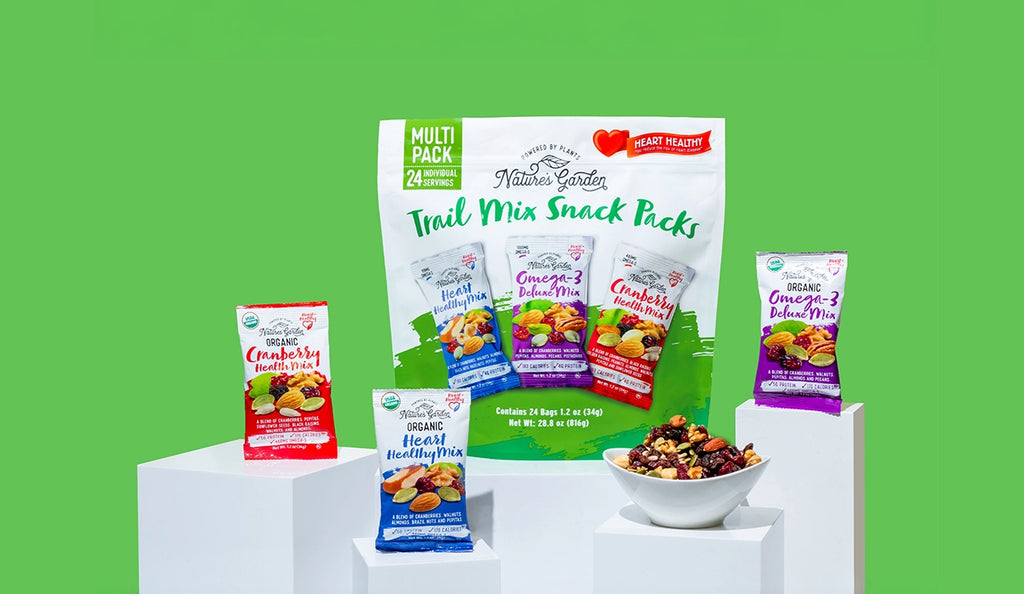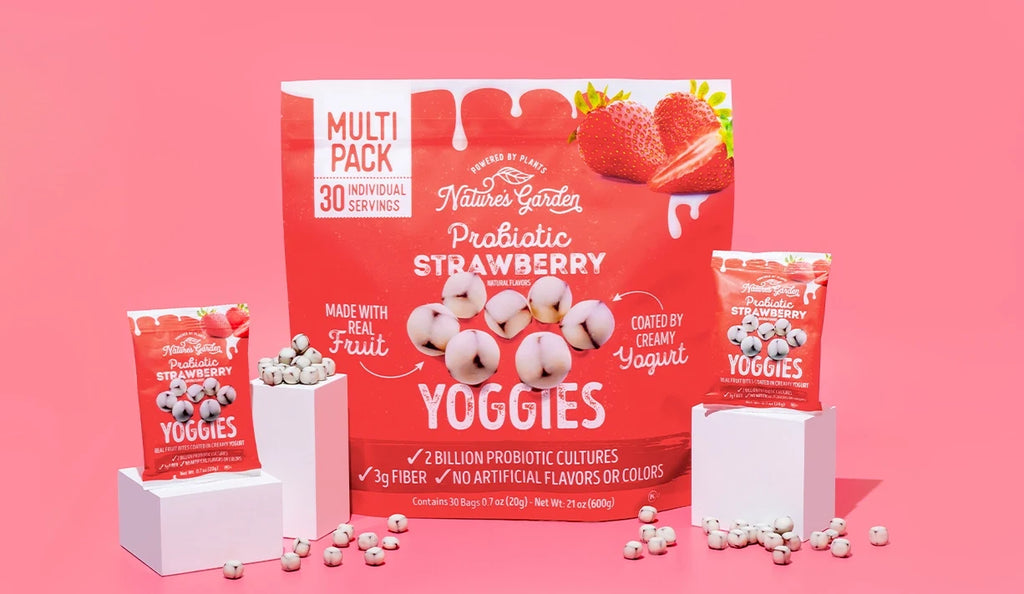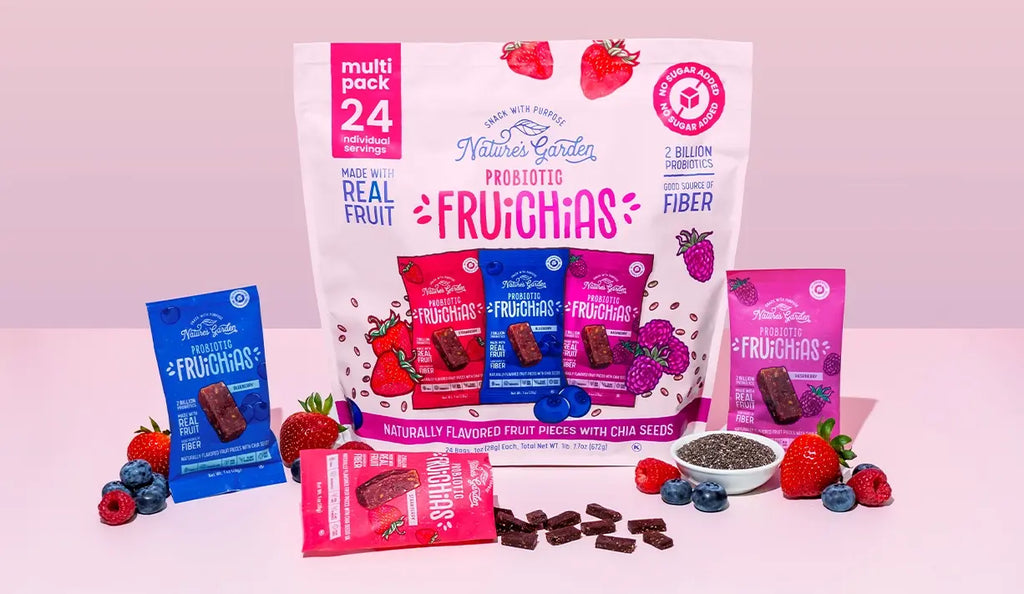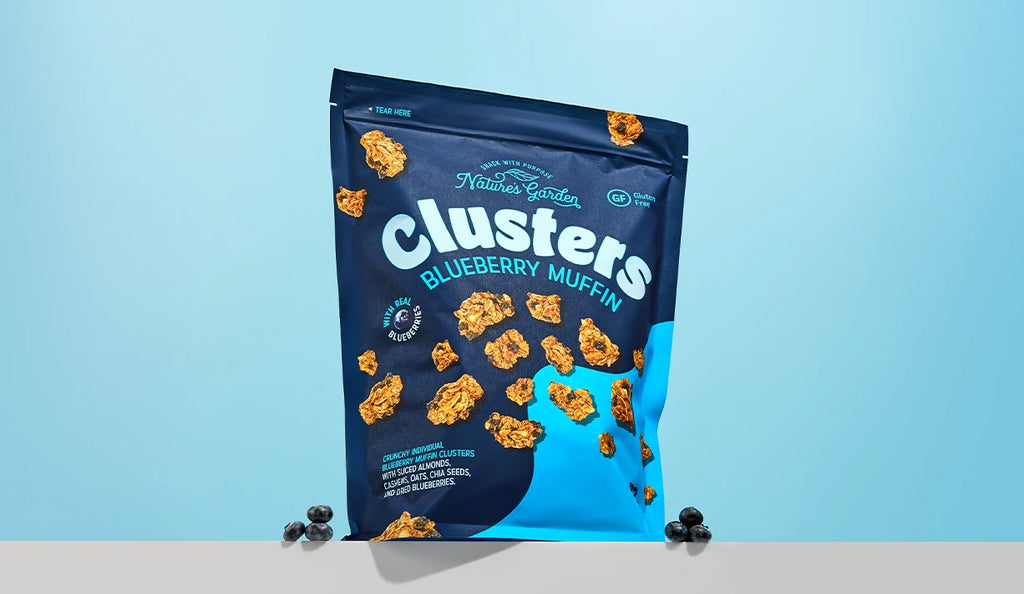Stress is an all-too-common byproduct of our modern, fast-paced lives. Fortunately, nature offers a delightful array of foods that not only tantalize our taste buds but also provide profound stress-relieving benefits. From the crunch of nuts to the savory taste of salmon, let's dive into the world of calming foods.
Nuts & Seeds - Nature's Tiny Powerhouses
Almonds
Packed with vitamin E and magnesium, almonds are renowned for their stress-reducing properties. The presence of B vitamins, particularly B2 and E, are known to boost the immune system during times of stress. Whether you're at the gym or on a hike, these little snacks can keep your energy up while helping to manage those stress levels.
Walnuts
Brimming with alpha-linolenic acid (ALA), an omega-3 fatty acid, walnuts can significantly help in elevating mood and reducing anger.
Fruits & Vegetables - Bursting With Serenity
Citrus Fruits
Your favorite citrus fruits, like oranges and lemons, are high in vitamin C. This potent vitamin helps reduce stress and boost the immune system, ensuring you stay in the pink of health.
Leafy Greens
Spinach, kale, and other leafy greens are loaded with magnesium. A deficiency of this mineral can trigger migraines and fatigue, adding to stress levels. Incorporate them in your salads or smoothies to keep the blues away.
Berries
Blueberries, strawberries, and raspberries contain antioxidants and vitamin C, both known to combat stress. Their delightful taste is just a bonus!
Dive Deep with Omega-3: The Role of Fish
Salmon
As a rich source of omega-3 fatty acids, salmon aids in keeping cortisol and adrenaline from spiking during stressful situations. Consuming salmon can help you keep calm and think clearly, even under pressure.
Whole Grains: A Wholesome Relief
Oats and Quinoa
Starting your day with whole grains like oats can stabilize blood sugar and prevent mood swings. Quinoa, a nutrient-dense grain, is rich in magnesium and B vitamins, making it a worthy addition to your stress-busting diet.
The Enchanting World of Chocolate
High-quality dark chocolate, with its abundance of antioxidants, can reduce stress by lowering levels of cortisol in the body. A little square after dinner can be both a treat and a soothing agent.

Understanding The Science
Incorporating these foods can significantly influence our physiological responses to stress. Foods rich in magnesium, for instance, manage the neural pathways that regulate our stress responses. Omega-3s, found abundantly in nuts and fish, help control adrenaline levels.
A Holistic Approach to Stress Relief
While food plays a pivotal role in managing stress, it's just a piece of the puzzle. Complementary practices such as regular exercise, meditation, and adequate sleep further optimize our body's resilience to stress.
Conclusion
Our diet profoundly affects our emotional and physical well-being. In the quest for a stress-free life, the journey can be as delightful as munching on your favorite nut or savoring a slice of salmon. Embrace these foods and witness a transformation not just in your stress levels, but in your overall zest for life.
















